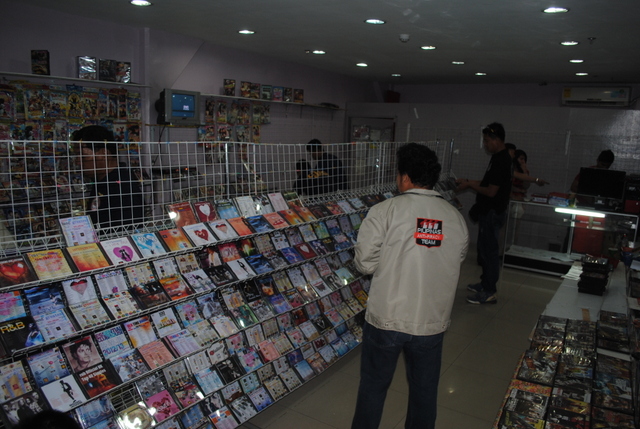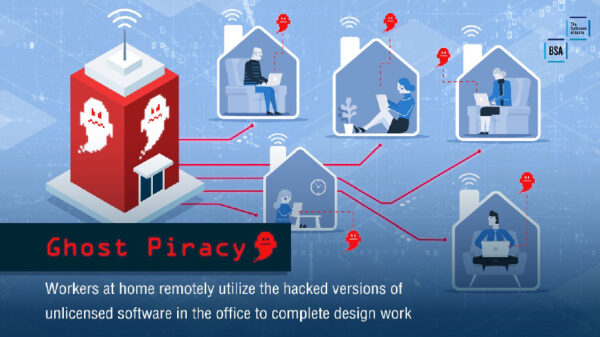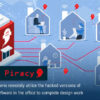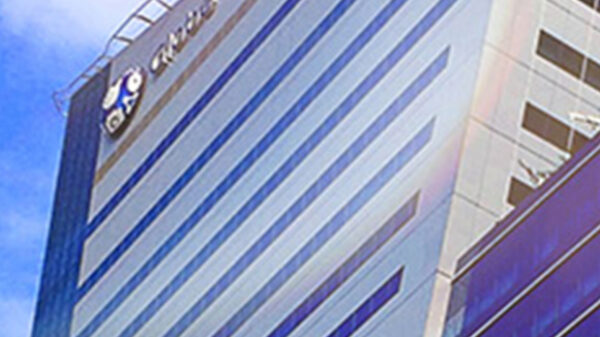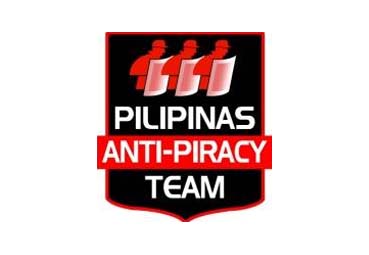In line with its commitment to combat software piracy in the country, the Pilipinas Anti-Piracy Team (PAPT), composed of the Intellectual Property Office of the Philippines (IPOPHL), the National Bureau of Investigation (NBI), the Philippine National Police (PNP)and the Optical Media Board (OMB), will inspect retailers and businesses across some cities in Southern Luzon this month.
The PAPT will visit retailers and businesses in Laguna, Batangas and Cavite to check if they are selling and using unlicensed software. The establishments will be asked to show proof of compliance that all software being sold and used are properly licensed.
The unscheduled inspections of randomly selected retailers and businesses seek to further curb the sale and use of illegal software. PAPT has broadened the coverage and has increased the frequency of itsinspections. In addition, the PAPT has also doubled the number of other enforcement activities to further ensure that organizations in the country are only using genuine software in their PCs.
“At PAPT, we are committed to address the sale of counterfeit and pirated software in the country. We have been implementing strong initiatives to address this issue,” said OMB Chairman Ronnie Ricketts. “Beyond inspections, we include in our efforts campaigns to educate and inform the public on the associated risks of using illegal software.For one, the purchase and use of illegal software, without them knowing, could be funding other illegal activities,” he added.
“While intellectual property awareness in the country has improved considerably, there are still businesses in the Philippines that continue to resort to illegal software. Businesses must know that the use of pirated software raises the risks of malware infections that may disrupt their operations, resulting in lower productivity and higher IT costs,” said IPOPHL Director General Ricardo Blancaflor.
In April, the United States removed the Philippines from the US Trade Representative Special 301 Watch List, the first time after 20 years. The annual Special 301 Report on IPRs provides a list of trading partners which the US deems as not adequately and effectively protecting IPRs. The removal of the Philippines from the list is a stamp of approval for the efforts and successes achieved by the country in IPR protection and enforcement. The strengthened anti-piracy efforts of PAPT will help make sure that the Philippines will remain off the Special 301 List going forward.
Software piracy is a violation of the copyright provisions of the IP code of the Philippines (RA 8293) and Optical Media Act (RA 9239). Infringers could face up to nine years of imprisonment and or a fine of up to PHP1.5 million.
The PAPT was formed in 2005. The government-led campaign, which counts the IP Coalition and the Business Software Alliance as partners, targets to undertake an integrated and coordinated effort by the government to counteract the negative effects of software piracy on the local IT industry and the economy.



















































































